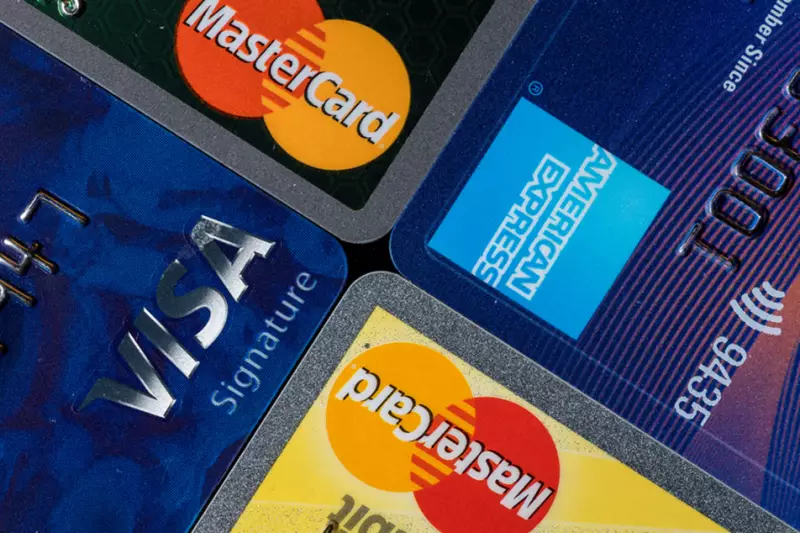TransUnion Data Breach Affects All United States Active-Credit Consumers
Table of Contents
- By Steven
- Published: Nov 15, 2022
- Last Updated: Nov 16, 2022

TransUnion is one of the three largest credit bureaus in the world. It serves over one billion people yearly, 200 million of these American customers. The company prides itself on making “trust possible;” “We make trust possible, so businesses and consumers can transact with confidence and achieve great things… it’s our purpose, and what drives us every day.” Unfortunately for TransUnion, there are so few people unaffected by the breach that the number of people who will fully trust the bureau is slim.
How Did the Attack Occur?
There is very little information known about the hack. All our information comes from the Massachusetts Attorney General’s Office’s website and legal reporter JD Supra. The breach occurred only a few days before the time of writing. With the little information we have gathered, we've found that millions have been affected. If proper evidence places TransUnion in a negative light, the victims may be able to file a class action and gain something from the bureau to help make up for the damages.
What Information Was Viewed or Stolen?
The stolen information varied depending on the victim. Most victims will have had their driver’s license numbers, social security numbers, names, and financial account numbers compromised. Hundreds of millions of people have been affected, some of which may even be minors.
How Did TransUnion Admit to the Breach?
TransUnion admitted to the breach by sending a notification to the Massachusetts Attorney General’s Office. It read, “TransUnion takes the protection of personal information seriously. As soon as we discovered the incident, we engaged in an investigation to identify and notify individuals whose personal information we believe was accessed by unauthorized actors. We continue to enhance our security controls as appropriate to minimize the risk of any similar incident in the future.”
What Will Become of the Stolen Information?
The hacker will most likely sell the stolen information. On the dark web, your social security number is only worth about a dollar, and your banking information is worth more than $50. The hacker(s) will likely want to sell the data they've collected; even if it's only a dollar per SSN, there are millions to choose from and sell. The hacker could readily never have to work again after this. No, we're not telling you to turn to a life of crime. The hacker, when found, could very quickly end up in prison. You can't spend your millions from behind bars.
What Should Affected Parties Do in the Aftermath of the Breach?
After the breach, TransUnion offered 42 months of free credit monitoring for any affected individuals. The breach notification letter also included instructions on how to protect your credit yourself, including tactics like using credit monitoring services, ordering credit reports, reviewing account statements, contacting the US FTC (United States Federal Trade Commission), security freezes, and fraud alerts. We also recommend downloading a device monitoring software title that can alert you to any malware, scams, or unauthorized activity on your device.
















